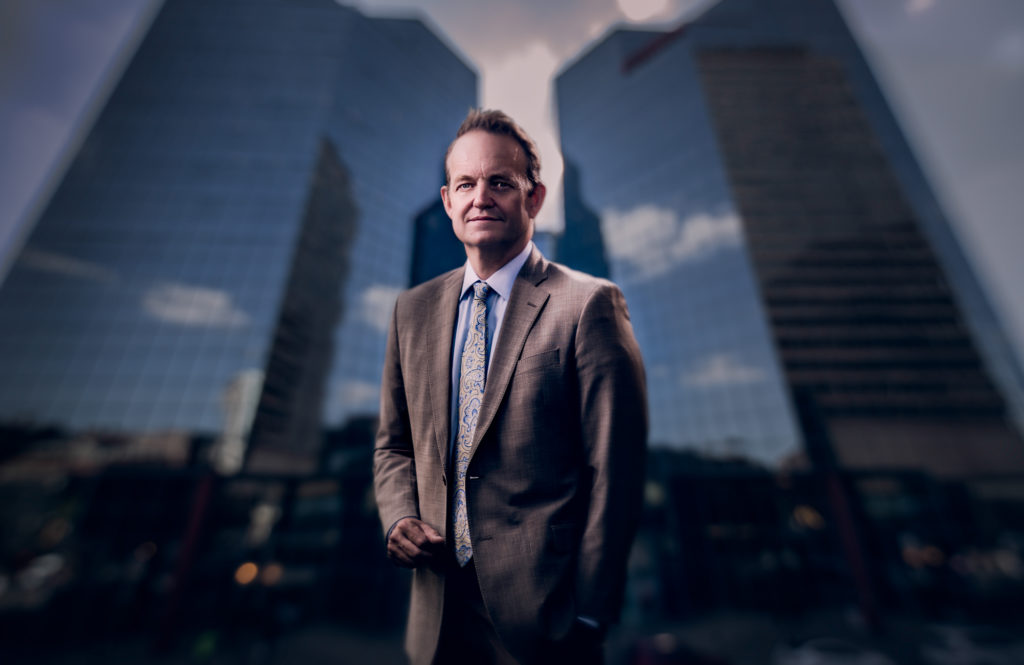
Redefining research
By: Ted Scott, Acting Vice President Research & Chief Innovation Officer
The dictionary definition of “researcher” is painfully self-explanatory: “someone who conducts research.” Based on my experience at Hamilton Health Sciences (HHS) over the last few years, this description does no justice.
The word “research” itself has attracted a certain connotation that invokes images of anonymous individuals in lab coats analyzing samples in whitewashed, sterile rooms in the pursuit of some far-off, seemingly impossible discovery. Sure, some discovery happens that way. But, so often, it’s so much more than that.
At HHS, our researchers are so much more than people in lab coats. They are innovative, strategic, highly creative minds who translate complex data into new knowledge. Many of our researchers are also healthcare providers. Every day, they work alongside the patients who are the inspiration for their research pursuits. Their “labs” are patients’ rooms, clinics, and operating theatres. Every day, they’re on the front lines of our healthcare system, asking questions and solving problems. Their roles span the entire spectrum of healthcare professions: they’re surgeons, pediatricians, physiotherapists, nurses, students. They’re also our neighbours, friends, family members and, sometimes, they’re patients, too.
In my short time at HHS, I’ve learned that our researchers are also some of our community’s top innovators and collaborators. They’re forming networks across our city and region that are aimed at improving the way we provide healthcare, applying technology and expertise to make our healthcare system better. And, most importantly, their work has immense, tangible impact. Beyond the lab and the computer database, our nearly 2,000 researchers and research staff are discovering and implementing new knowledge that’s changing the way we care for people, in real-time.
For example, they’re testing in-home technology that our nurses and doctors can use to monitor patients once they go home after heart surgery. They’re working with tech innovators to find better ways of predicting outcomes for cancer therapies, so patients can make better decisions around their treatment options. They’re trialling the latest therapies to help make life easier for kids with chronic diseases, like inflammatory bowel disease (IBD).
This is just a sampling of the research happening at our hospitals, right now. It wouldn’t be possible without our researchers and research staff who are unwavering in their pursuit of making life better for people in our community, across our country, and around the world.
It’s this insatiable drive to know the unknown that I believe better defines a researcher.
I admire their persistence, their patience, and their will to keep exploring, even when the answers aren’t clear. And especially when competing commitments – of being doctors, nurses, allied health professionals, students – are as demanding as they are in our very busy health system.
It’s this insatiable drive to know the unknown that I believe better defines a researcher, no matter how big or small the issue at hand.
At HHS, we’re redefining what “research” means to our community, and to the world.
We’re not just researchers. We are explorers. It’s in our DNA.
Read our stories here.
